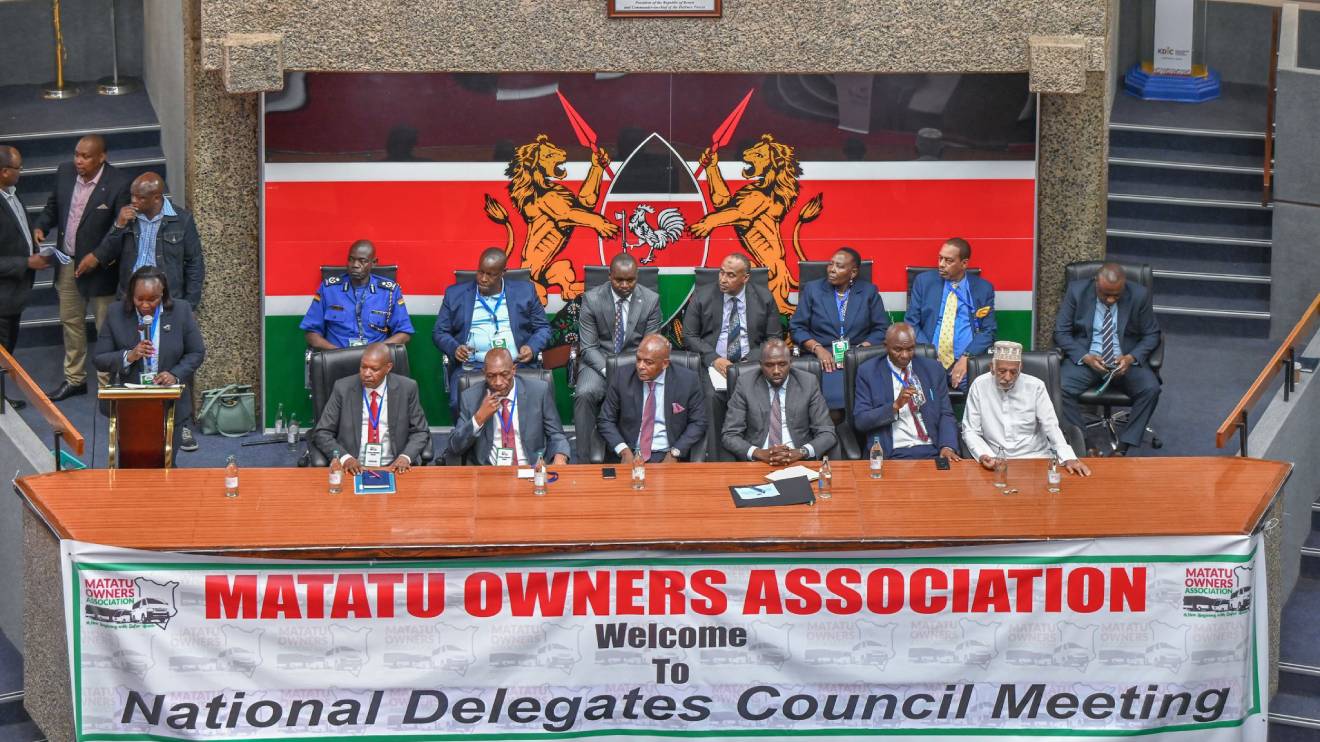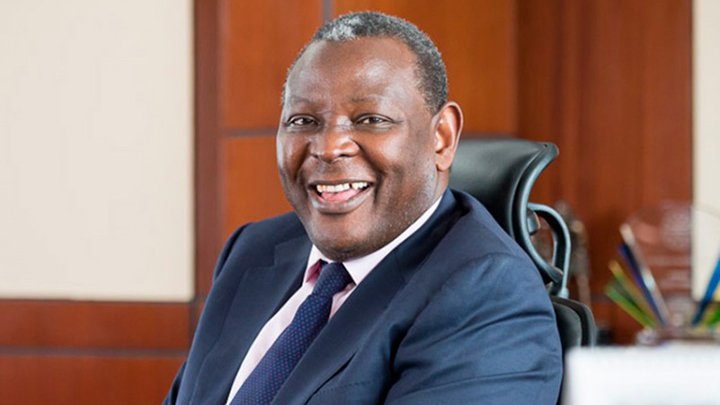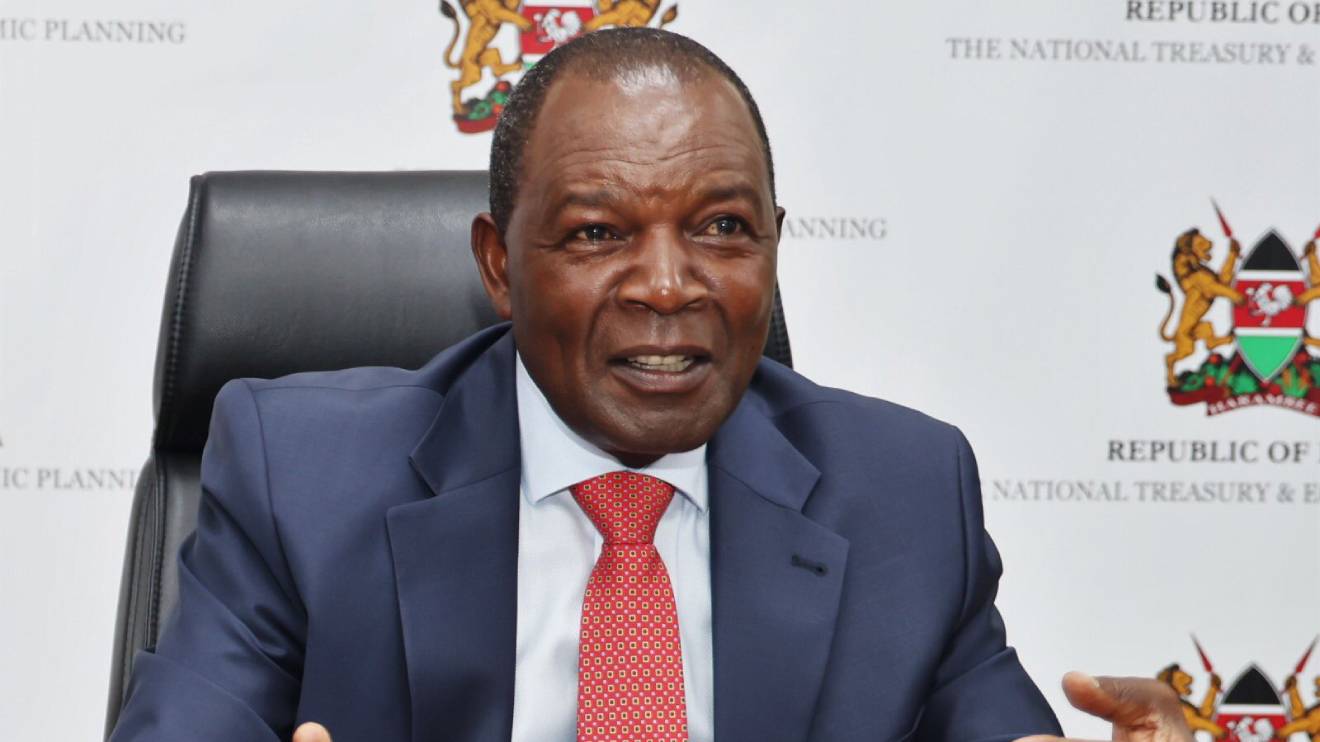Transport Cabinet Secretary Kipchumba Murkomen announced a series of measures aimed at enhancing the matatu sector's efficiency and sustainability during the Matatu Owners Association's (MOA) National Delegates Conference at the Kenyatta International Convention Centre (KICC) in Nairobi.
Acknowledging the pivotal role of the matatu industry in the nation's economic growth, Murkomen highlighted the government's commitment to mainstreaming the sector for increased profitability and organizational efficiency.
Among the key initiatives is the establishment of Transport Saccos to facilitate self-regulation within the industry.
The government is also replacing the driver retesting program with a comprehensive Driver Development Programme designed to provide drivers with complementary and professional skills, thus raising industry standards.
Addressing concerns about leakages, corruption, and accountability, Murkomen revealed plans for the implementation of a cashless payment system.
Read More
This initiative aims to modernize transactions within the sector, ensuring transparency and reducing corruption on the roads.
In a bid to combat climate change, the government is collaborating with stakeholders to expedite the transition from petrol and diesel-powered vehicles to electric vehicles within the matatu sub-sector.
This move aligns with broader efforts to promote environmental sustainability and reduce the carbon footprint.
The announcement also included plans for matatu involvement in the upcoming Bus Rapid Transit (BRT) system.
This strategic shift aims to alleviate traffic congestion, enhance safety and security for passengers and drivers, and improve overall efficiency and professionalism within the industry.
The event, marking MOA's 20th anniversary, saw the presence of influential figures such as MOA President Albert Karakacha, former MOA Chairperson Simon Kimutai, NTSA DG George Njao, representatives from Matatu Saccos, and key players and facilitators from various segments of the industry.
The collective effort and collaboration between the government and stakeholders signal a significant step towards a more organized, sustainable, and efficient matatu sector in Kenya




-1714736836.jpeg)



